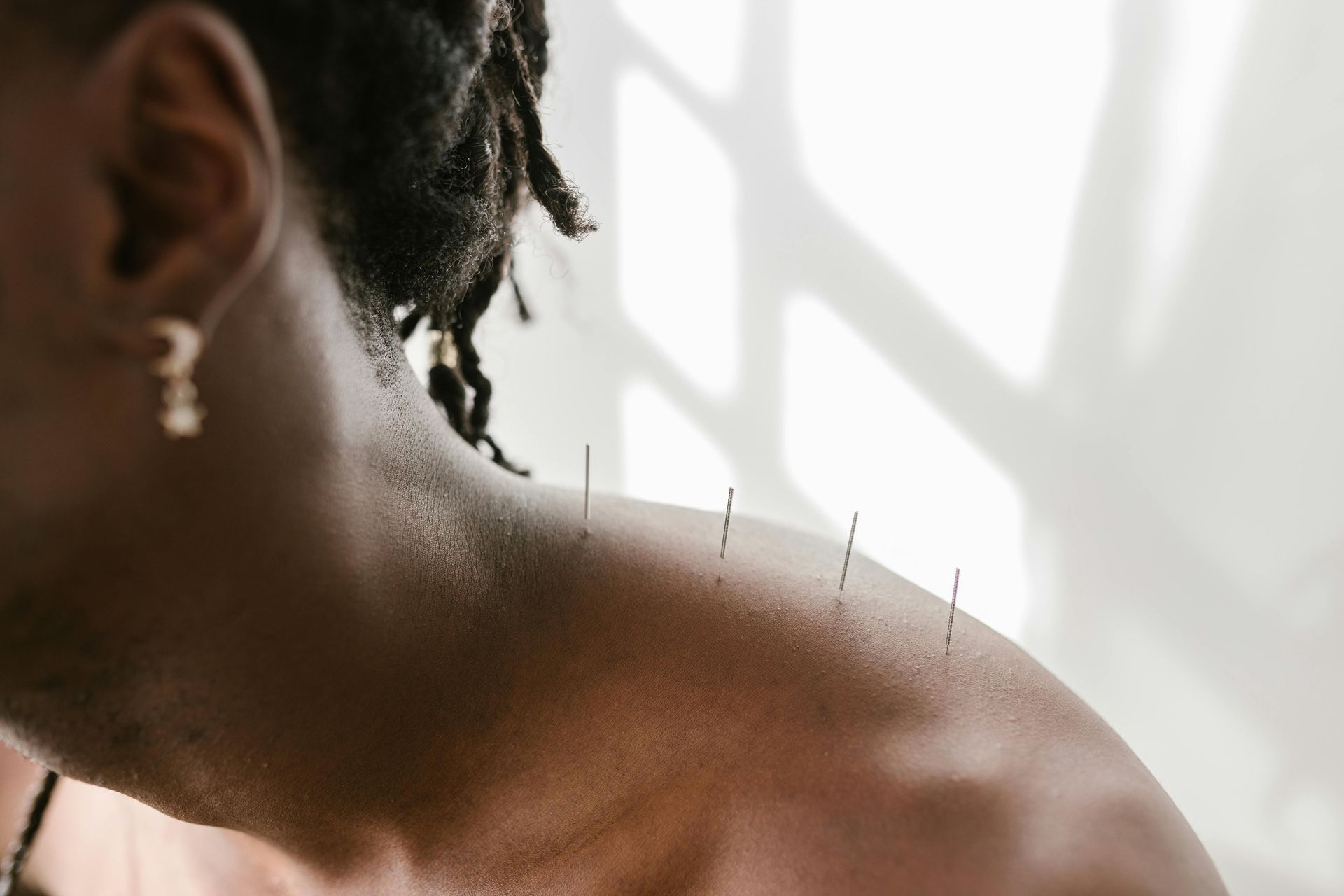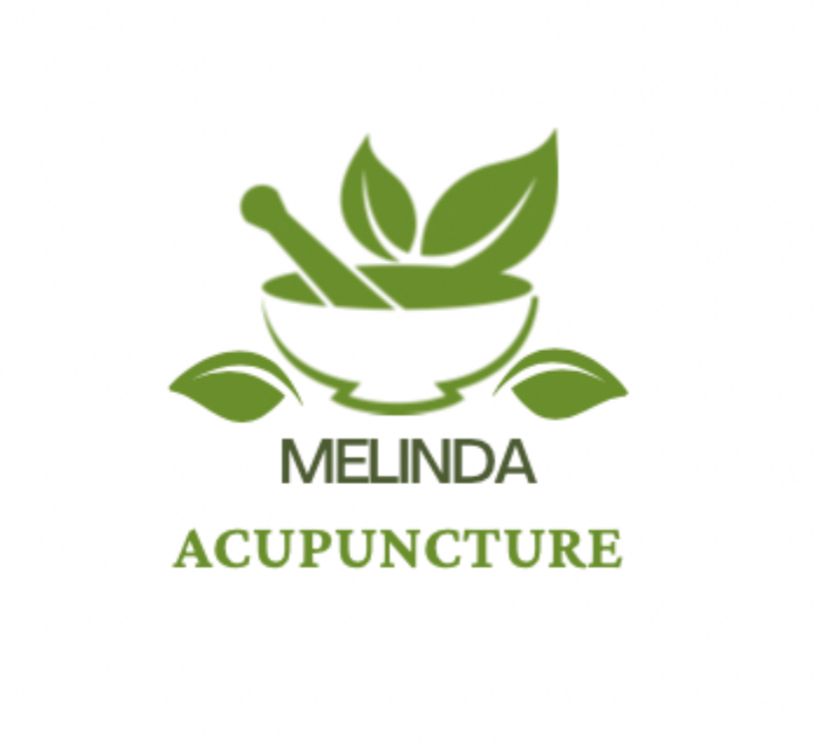Understanding Shoulder Pain and How Acupuncture Can Help
Relieving Shoulder Pain:
How Acupuncture Offers Natural Healing and Lasting Relief

Shoulder pain is a common complaint that can arise from various causes, including muscle strains, tendonitis, bursitis, and even nerve impingement. Whether it's a dull ache or sharp, shooting pain, discomfort in the shoulder can significantly impact daily activities. Acupuncture, a traditional Chinese medicine practice, offers a natural and effective way to alleviate shoulder pain by addressing both symptoms and underlying imbalances.
Identifying the root cause of pain is essential for effective treatment, and acupuncture offers a holistic approach to addressing these issues:
- Rotator Cuff Injuries: Strains or tears in the rotator cuff muscles can cause pain and limited range of motion.
- Frozen Shoulder (Adhesive Capsulitis): Characterized by stiffness and pain, often worsening over time.
- Bursitis: Inflammation of the bursa, fluid-filled sacs that cushion the joint.
- Tendonitis: Inflammation of tendons due to overuse or repetitive motion.
- Nerve Impingement (Thoracic Outlet Syndrome): Compression of nerves leading to pain, numbness, or tingling in the arm.
Muscle Tests for Shoulder Pain
At our clinic, we may begin assessing shoulder pain by performing specific muscle tests to identify the root cause of discomfort. These tests help us determine whether the issue stems from muscular strain, tendon inflammation, or nerve impingement, allowing us to tailor an effective treatment plan for each patient.
- Neer’s Test – Identifies impingement syndrome by elevating the arm forward while stabilizing the scapula. Pain suggests impingement.
- Hawkins-Kennedy Test – Tests for rotator cuff impingement by flexing the arm at 90 degrees and internally rotating the shoulder. Pain indicates a positive result.
- Empty Can Test – Evaluates the supraspinatus tendon by having the patient hold their arms at 90 degrees with thumbs pointing downward. Weakness or pain suggests tendon involvement.
- Speed’s Test – Checks for biceps tendonitis by resisting forward flexion of the shoulder with the palm facing up. Pain in the biceps tendon is a positive sign.
- Apley’s Scratch Test – Assesses overall shoulder mobility by having the patient reach behind their back from above and below. Limited range of motion may indicate dysfunction.
How Acupuncture Helps Shoulder Pain
Acupuncture works by stimulating specific points along meridians to enhance blood circulation, reduce inflammation, and release endorphins—natural painkillers. For shoulder pain, common acupuncture points include:
- LI15 (Jianyu) – Located at the front of the shoulder, used for pain relief and improving mobility.
- SI9 (Jianzhen) – Beneficial for rotator cuff issues and shoulder stiffness.
- GB21 (Jianjing) – Helps release tension in the trapezius and improve circulation.
- LI4 (Hegu) – A powerful distal point to relieve pain and inflammation.
- LV3 (Taichong) – Used for its anti-inflammatory effects and promoting overall balance.
What to Expect from Acupuncture Treatment
We typically recommend 6–12 acupuncture sessions for optimal results, depending on the severity of your shoulder pain. Many patients experience relief within the first few treatments, but consistency is key for long-term healing. During your visits, we may also incorporate herbal remedies, cupping therapy, guasha, and other therapies to enhance your recovery and support overall wellness.
General Prognosis
- Mild to Moderate Pain: Patients often experience noticeable relief within 3–6 treatments.
- Chronic or Severe Pain: May require ongoing treatment over several months.
- Post-Surgical Recovery: Acupuncture can help speed up healing and reduce stiffness after shoulder surgeries.
At Melinda Acupuncture, we take a holistic approach to treating shoulder pain, focusing not only on symptom relief but also on addressing the root cause of your discomfort. Through targeted acupuncture treatments, we aim to restore function, reduce pain, and help you regain mobility in a natural and effective way.
Have you tried acupuncture for shoulder pain? Share your experiences in the comments!


